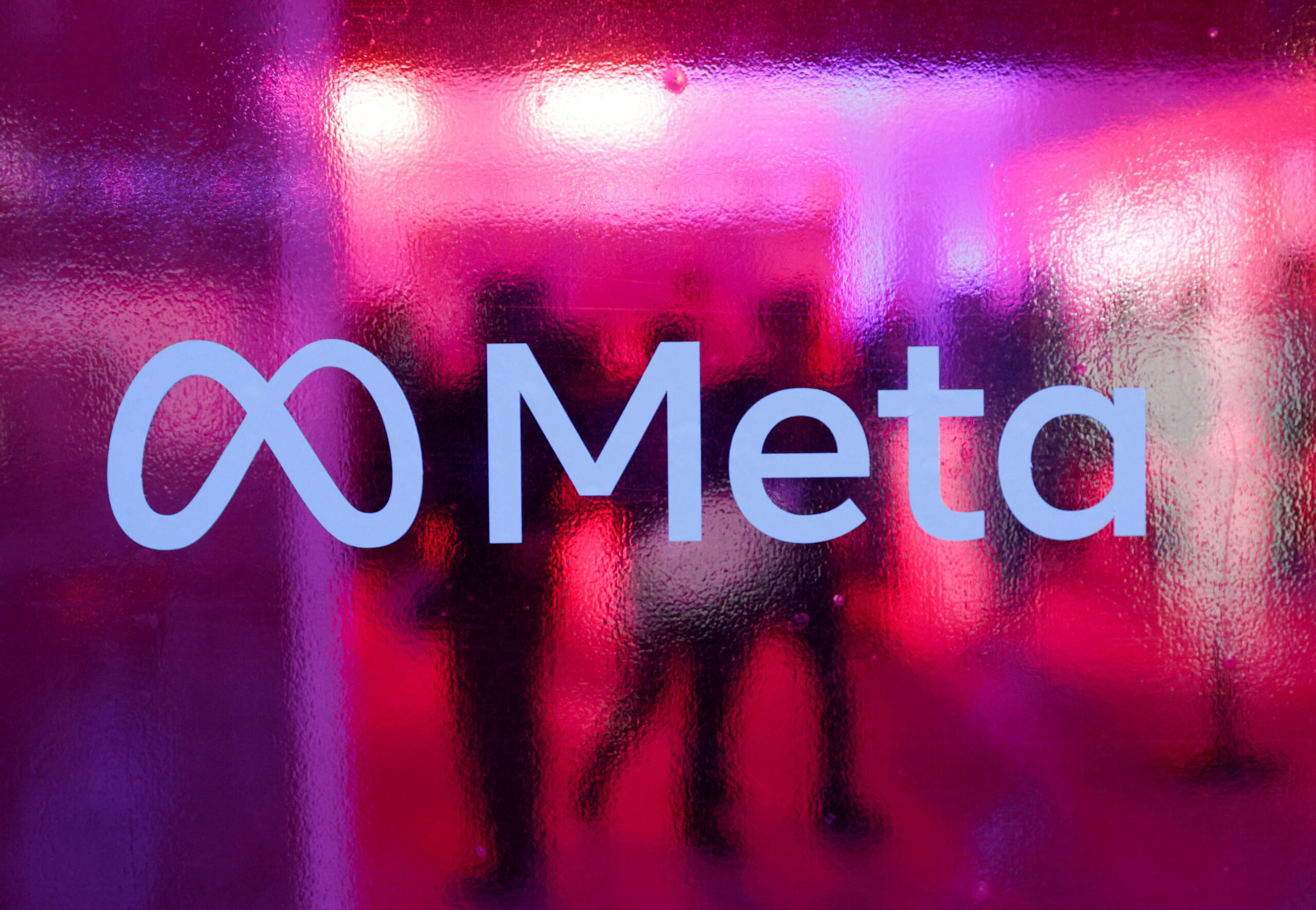Meta’s content moderation shake-up: Progress or peril?
A Community Notes model, which gives users more control over their political content and leans towards personalisation, will replace the company's third-party fact-checking programme.

Recent changes to Meta’s content moderation guidelines have sparked discussions about social media accountability and free expression. A Community Notes model, which gives users more control over their political content and leans towards personalisation, will replace the company’s third-party fact-checking programme. Critics fear this is a premeditated attempt to lessen monitoring and conform with the next U.S. administration, even if Meta’s new Global Policy Chief, Joel Kaplan, presents it as a step towards greater flexibility and fewer mistakes.
The arguments
Kaplan argues that the new policies will reduce errors and support free expression. Meta estimates that 10-20% of previously censored content was mistakenly flagged.
Meanwhile, the Oversight Board has welcomed the changes, aiming to enhance trust and user voice on Meta’s platforms.
Against the Changes
Critics suggest the move could be an attempt to align with the incoming U.S. administration, which has emphasized broader interpretations of free speech.
There are concerns that lifting restrictions could lead to echo chambers, misinformation, and harmful content spreading unchecked.
Some view the decision to disband third-party fact-checking as a step backward in combating fake news and misinformation.
A Political Move?
Some view these changes as politically motivated, aiming to align with the incoming administration. CEO Mark Zuckerberg has signaled a willingness to cooperate with Trump’s team, further underscored by the appointment of Republican-aligned leaders to key roles.
Echo Chambers and the Risks of Personalisation
By encouraging users to tailor their feeds, Meta risks fostering insular echo chambers that amplify confirmation bias rather than promoting balanced discourse.
The facts
Meta, the parent company of Facebook, Instagram, and WhatsApp, is overhauling its content moderation strategies in a bold move toward more freedom of expression. The changes, detailed in a blog post by Joel Kaplan, Meta’s new Chief Global Affairs Officer, are set to reshape how content is handled across its platforms.
Key updates include the end of third-party fact-checking. Meta will replace this system with a “Community Notes” model, drawing inspiration from X (formerly Twitter), where users can directly contribute to content verification. Additionally, Meta is scaling back its moderation on mainstream topics, focusing only on severe violations like terrorism and child exploitation. This shift allows for more open discussions on common issues, easing restrictions on content that falls within acceptable discourse.
“We want to fix that and return to that fundamental commitment to free expression. Today, we’re making some changes to stay true to that ideal,” wrote Kaplan
Users will also see a more personalised approach to political content, allowing them to curate their own feeds and create echo chambers, a move that has drawn attention as the U.S. heads toward the 2024 election.
These changes mark a significant pivot for Meta, addressing criticisms of past moderation practices. Kaplan acknowledged that past mistakes led to the censorship of legitimate conversations, with 10-20% of flagged content wrongly restricted. With new leadership and a shift in the company’s approach, Meta aims to embrace “more speech, fewer mistakes,” welcoming collaboration with its Oversight Board to redefine free speech moving forward.




